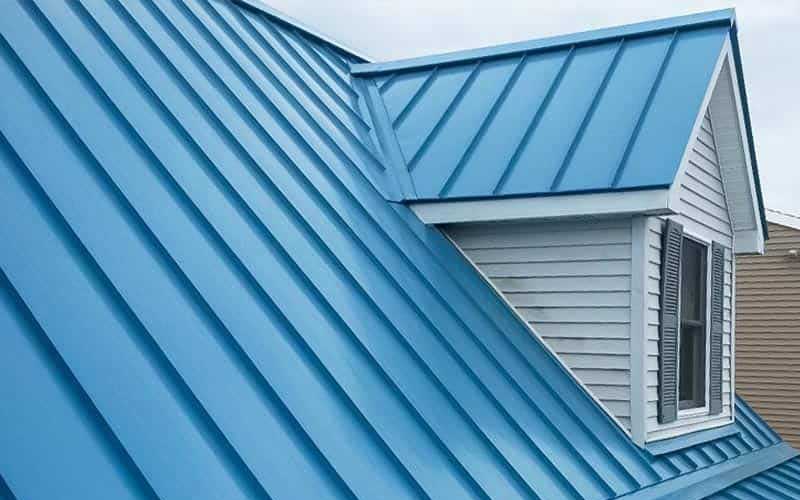Every year in Florida hurricane season begins June 1st and lasts for 5 months. Storms typically peak around August or September. Regardless of the forecast, you should know the essentials of how to be prepared. It can truly be a life saver.
Florida Hurricane Knowledge
Knowing your hurricane facts and understanding common terms is a benefit. Storm conditions can vary, so it’s vital to understand what forecasters are telling you.
Some terms you may here include:
- Tropical Storm Watch: Tropical storm conditions are possible in the area.
- Hurricane Watch: Hurricane conditions are possible in the area. Watches are issued 48 hours in advance of the anticipated onset of tropical storm force winds.
- Tropical Storm Warning: Tropical storm conditions are expected in the area.
- Hurricane Warning: Hurricane conditions are expected in the area. Warnings are issued 36 hours in advance of tropical storm force winds.
- Eye: Clear, sometimes well-defined center of the storm with calmer conditions.
- Eye Wall: Surrounding the eye, contains some of the most severe weather of the storm with the highest wind speed and largest precipitation.
- Rain Bands: Bands coming off the cyclone that produce severe weather conditions such as heavy rain, wind and tornadoes.
- Storm Surge: An often underestimated and deadly result of ocean water swelling as a result of a storm, and quickly flooding coastal and sometimes areas further inland.
Prepare your home and evacuation plan in case a warning is issued in your area. Follow the directions of your officials and immediately leave the area to seek shelter if advised. If you are warned of an extreme wind warning or advisory, it is best to immediately take shelter in the interior portion of a well-built structure. Winds in this scenario can sustain 115 mph or greater and begin usually within an hour of this warning.
Florida Hurricane Forecasts
Trying to predict a storms path is challenging to say the least; there are many global and local factors that must be considered. The size and path can directly influence what sort of wind patterns guide, enhance or hinder the growth. Forecasters use computer models that interpret data to help try and predict where the storm will go. This is where you will hear the terms spaghetti and computer models being used. The National Hurricane Center has the most up-to-date information on any storm developments, forecasts and severe weather alerts. Check them out at http://nhc.noaa.gov
Hurricane Names
Hurricane names are randomly chosen and recycled every 6 years. If a hurricane was catastrophic and costly (i.e. Charlie, Katrina, Andrew) it’s officially retired since future use can be confusing when naming current storms.
Hurricane Supply Kits
It’s important to create a kit for your family that you can take along with you, should you need to evacuate your home. This hurricane kit will be useful as well if you’re able to stay in your home, but are affected by the storm, such as a loss of power. When storms approach it instills wide-spread panic very often and this leads to people rushing to the stores to get supplies they think they need. Preparing your kit in advance will alleviate the potential stress of such a situation. Creating your kit and putting it into a bag that can be easily taken with you is best. A few of the recommended items include:
- Non-perishable food (to last up to 3 days per person)
- Water (enough for 3 days, per person)
- First Aid Kit
- Prescription Medication
- Flashlights (keep extra batteries on hand)
- Battery operated radio
- Waterproof container with cash and important documents
- Manual can opener
- Lighter or matches
- Books, Magazines or Games for Recreation
- Special needs items: pet supplies, baby supplies if applicable
- Cooler and ice packs
- Evacuation plan if family is separated
- Solar charger for cell phones
Securing Your Florida Home
Know how to secure your home in the event of a hurricane. Winds, storm surge and flooding can do a lot of damage quickly.
- Cover all your windows with hurricane shutters
- Secure straps or clips to securely fasten your roof to the structure of your home
- Ensure all trees and shrubs are trimmed and rain gutters are clear
- Reinforce your Garage doors, or install Impact Resistant ones
- Bring in any outdoor furniture, garbage cans, decorations and such that is not tied down
- If winds are too strong, stay away from any windows and doors. Close, secure and brace internal doors.
Before The Storm: Power Outages
If you are left without power after the storm, a few things to consider and can help ensure you are prepared outside of the normal hurricane preparedness include:
- Gas: Make sure you tank is full prior to the storm arriving. Don’t wait until the last minute as gas stations can run out early.
- ATM: Keep extra cash on hand in the event no ATMs are accessible or working
- Cell Phone: Charge your phone and limit use after power is out
- A/C: The most uncomfortable side-effect of a Florida Hurricane for most. Try to prevent as much light as possible from entering and warming the house by covering up windows on the inside. If you have battery
operated fans, don’t run them unless you are in the room. Fans only create a cooling effect by dispersing the heat off your skin, and can actually add heat to a room if running unattended. - Water: Fill a tub and large containers with water for washing and flushing only
- Food: Turn your fridge temp down and/or freeze any food or drinking water to help keep it cool during a power outage. Have a cooler with ice packs prepared to cool drinks and snacks after the power is out more than 4 hours.
Preparing ahead of time and listening to directions of officials will help you stay safe.






